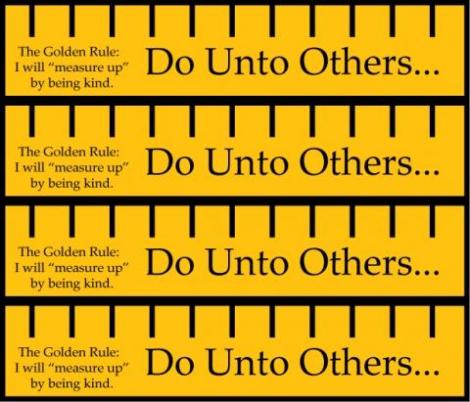 |
| The Warsaw Ghetto and Wall - May 1941 |
Have you built walls to shut everybody else out of your world?
I’m reading a book called Isaac’s Army; a story of courage and survival in Nazi-occupied Poland in the late 1930’s and early 1940’s.A ghetto is defined as a part of a city, typically a slum area, occupied by a minority group or groups. It can also be a section of a city mostly occupied by a group who live there, particularly because of social, economic, or legal issues.
The Nazis forced all the Jewish people in most of the larger cities of Poland to live in a controlled area set apart by walls, barbed wire, and guards.
The Warsaw Ghetto had over 300,000 people living in an area of about 700 acres. It was roughly 1 ½ miles by ¾ mile in size.
There were several resistance groups operating at the time that totally distrusted each other. They would often meet but could almost never agree on any strategy to resist the Nazis.
From July to September, 1942, the Nazis carried out the Gross Aktion, in which over 200,000 Jews were herded into railroad cars and carried to the Treblinka Concentration Camp where they were exterminated.
Still the resistance groups would not even agree on the nature of the Nazi threat.
After a period of intense personal grief and shame over watching 80% of their number be taken away, the resistance groups decided that the threat was greater than their pride and distrust of their own people.
They pulled together and began a somewhat effective resistance. Unfortunately it was doomed to failure.
Your Own Ghetto
Have you sequestered yourself in your own ghetto of sorts by being held captive by your emotions? Many people have. Pride, fear of the unknown, inability to find relief, or lack of acceptance by family, friends, and peers have convinced you that it is better to live in solitude under self-imposed rules on contact with outsiders who don’t or won’t understand you.Better to just accept your circumstances than fight them.
Or perhaps you’re like some of the zealous resistance fighters. Nobody is going to tell you how to live your life. You’ll show them that you are your own person by living life just exactly as you choose regardless of the risk to yourself and others.
For the Jews in Poland, it was very frightening to be forced to live in the ghetto. They never knew when the Nazis would knock on their door and haul them away. Many broke under the strain. Disease and death were rampant.
Have you reached the point where the pain of emotional separation or the increased risks of rebellion are putting strains on you?
Are you being stretched to the breaking point?
It’s hard doing it alone
The Jews of the Warsaw Ghetto who tried to do it alone almost always failed. It’s really hard for you to escape from your personal ghetto by yourself as well.There are traditional routes that you may have tried - counseling, meds, clergy – and found little or no benefit.
You may have read books that shared various ideas; but they often don’t seem to work.
So what do you do?
It takes three things to affect significant change in your life:- It takes knowledge – you have to know about an idea that can work.
- It takes belief – you have to believe that idea will work for you.
- It takes repetition – you have to practice the idea enough times for it to take effect in your life.
You can escape from your personal ghetto with knowledge, belief, and practice.
Start your escape today.
www.findingpersonalpeace.com
Thanks for reading our blog today. I invite you to respond in several ways: (1) Comment in the space below if you agree or disagree with what I've said. A dialogue could be interesting for all; (2) Share the post with your friends using the buttons below; and (3) sign up to get an email with each new post. There’s a place to do that on the right. Then you won’t have to remember to look for our subsequent posts. Thanks again!






